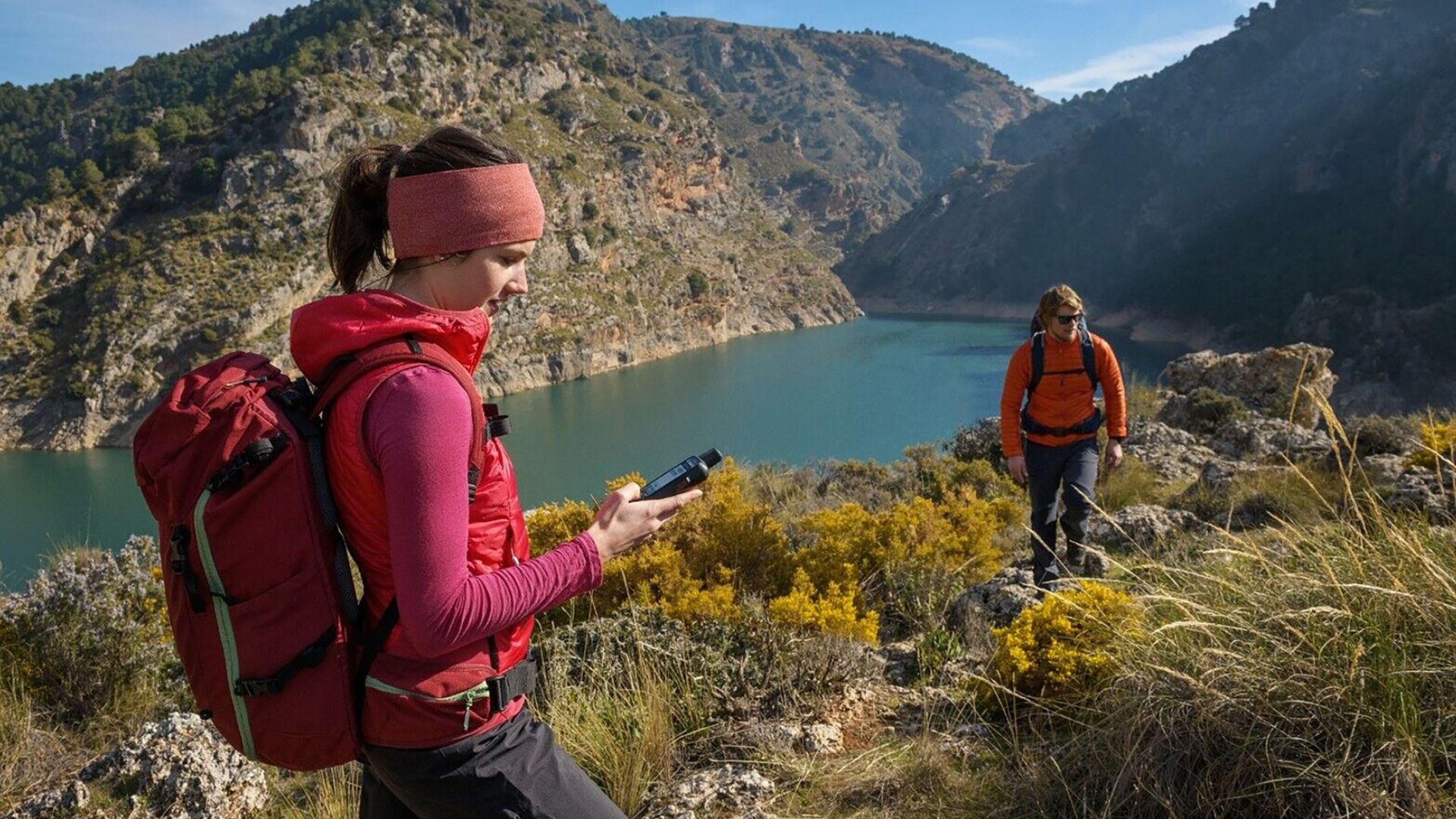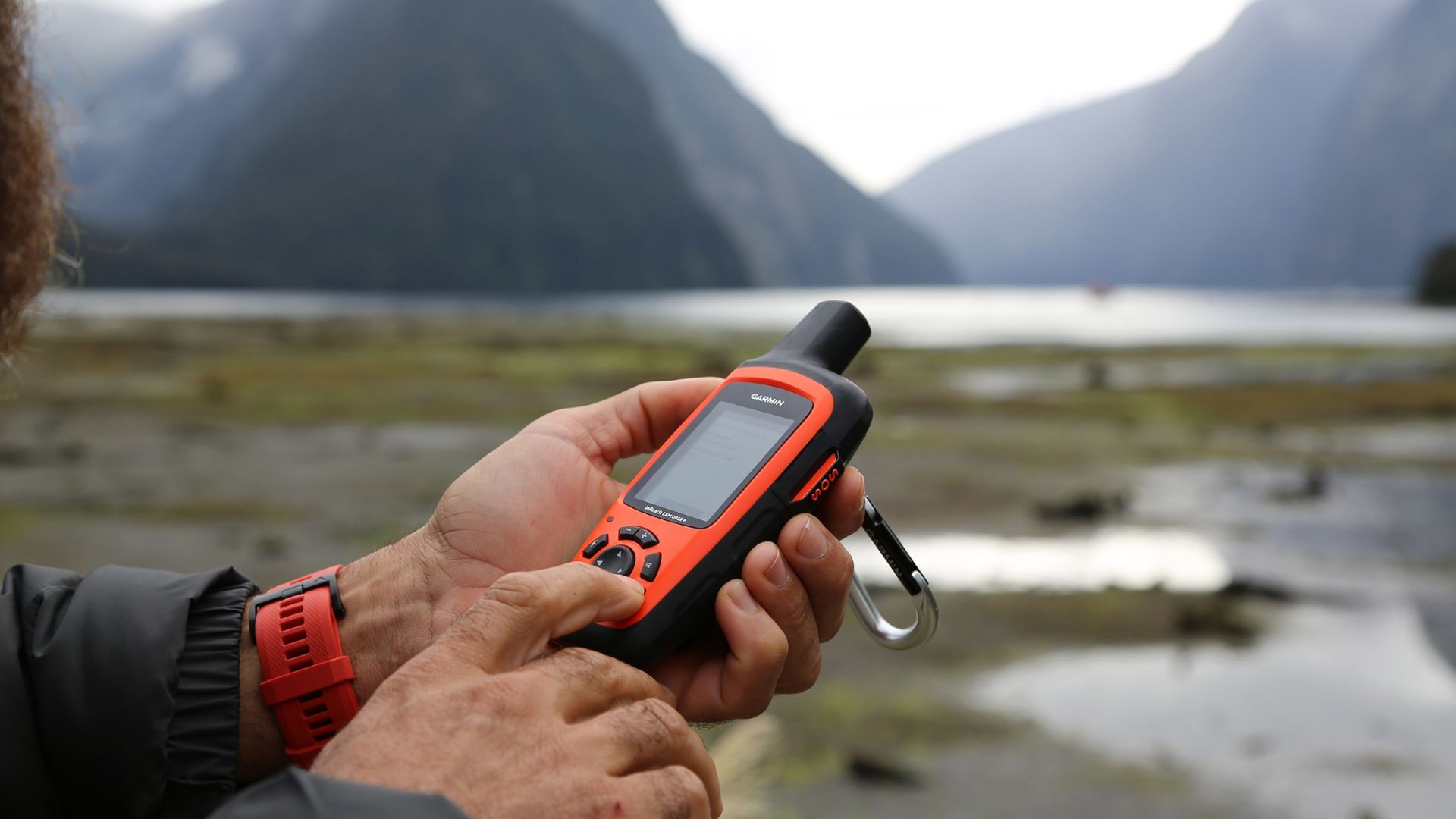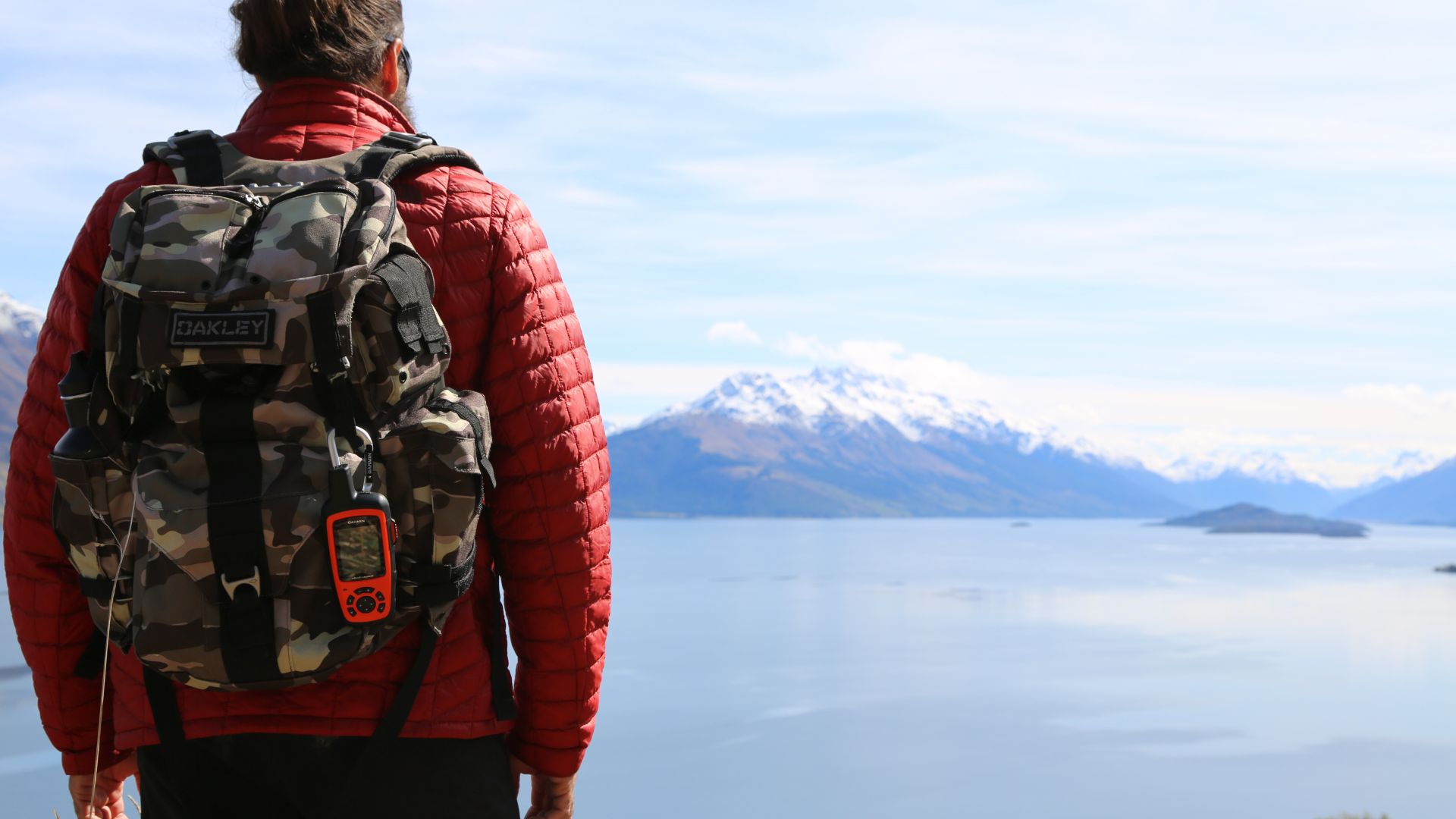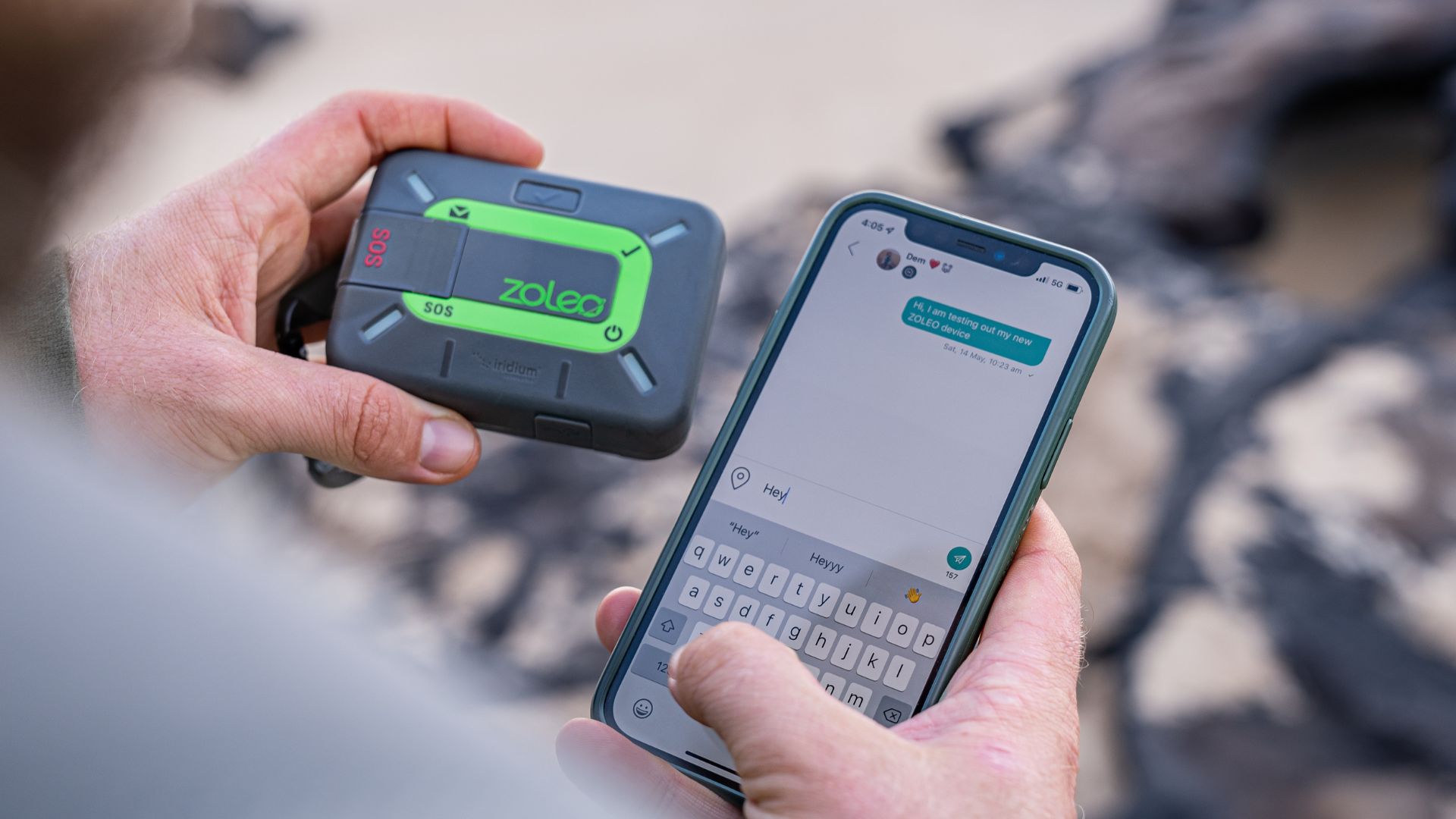| Your browser is not supported. | ||
|
Please browse our site using any of the following options:
| ||
Communications & GPS Buying Guide

Whether you are camping or hiking, boating or 4WDing, you will require a high-quality GPS when exploring the great outdoors. There are a variety of reasons for this, such as always knowing exactly where you are and having your friends and family know exactly where you are as well should the worst happen. So whether you are searching for the best GPS for camping, the best 4WD GPS or just the best GPS in Australia, our Communications and GPS Buying Guide will explain everything you need to know!
Quick Links
- Most Common Communications & GPS FAQs
- Do I Need A Vehicle Or A Handheld GPS?
- Is My Device For GPS, SOS Or Both?
- What Features Can Different GPS Devices Have?
- How Much Are GPS Devices?
- Does The Unit Use Satellites To Pinpoint Me & Why Is That Good?
- What GPS Is Right For Me?
- Do I Need To Purchase Maps Or A Subscription?
- Battery Run Time?
Most Common Communications & GPS FAQs
Is GPS used for communication?
When it comes to communication technology, a GPS (Global Positioning System) is always broadcasting signals back to Earth. Whether it is your phone, a handheld device or inside a vehicle, GPS devices receive these signals. It then determines its location using geometric calculations from the very incoming satellite signals, ensuring you always clearly understand where you are.
How does GPS work in vehicles?
GPS in Australia uses a navigation system that relies on the GNSS (Global Navigation Satellite System) network to accurately pinpoint the exact location of your car, no matter where you are driving. Your GPS then communicates with those satellites through microwaves to then display the exact location of your vehicle on your map screen.
Does GPS work when the car is off?
Yes, your GPS will continue to still track your location when your car is turned off. This is because your GPS device has its own built-in power source, which enables it to operate and continue tracking your location without needing to be directly connected.
Do GPS work everywhere?
Yes, GPS devices will work everywhere. In fact, because of our geographic location, did you know that Australia is one of the few countries in the world that has high visibility to two regional and four global navigation satellite systems?
Do I Need A Vehicle Or A Handheld GPS?

The answer to this question completely depends on what outdoor activity you are considering embarking on. This is because there are two types of GPS devices: handheld GPS devices that are designed for activities such as hiking and camping, and vehicle GPS devices that are designed for vehicles such as boats, 4WDs, kayaks and trailers. For example, if you are going bushwalking, then the Garmin Rugged Handheld eTrex SE Hiking GPS is perfect. It has an extremely long battery life (168 hours in standard mode and 1,800 hours in expedition mode), features a 5.5cm high-resolution display screen that is very easy to read (even in harsh sunlight), has a water-resistance rating of IPX7 and features Multi-GNSS support, which provides you with access to multiple global navigation satellite systems so you can always clearly track your journey in more challenging environments.
Is My Device For GPS, SOS Or Both?
This will depend on the type of GPS device you are considering, as even though most GPS devices come with an SOS function - not all of them do, which is why checking the product description is important before making your purchase. For example, our Garmin Handheld GPSMap 67i GPS Handheld and Satellite Communicator features built-in interactive SOS alerts. Should the worst happen and you find yourself lost or in need of assistance, the GPS device will trigger an interactive SOS to the Garmin ResponseSM, which is a 24/7 staffed emergency response coordination centre.
What Features Can Different GPS Devices Have?

There are a variety of various features that GPS devices can have, but it all depends on what your specific needs are to make sure that you are covered. When it comes to finding the best GPS in Australia, here are some of the features that all modern GPS devices should feature:
- Customisable Alerts: Whether you are driving to your hiking destination or 4WDing, the best 4WD GPS should have customisable real-time alerts. These alerts will provide you with information on factors such as route deviations, overspeeding, long idle times and needless stoppage alerts.
- Preloaded Maps: All GPS devices come with base maps, but modern GPS devices will feature preloaded and full-fledged topographic maps. You will be able to fully manage your list of preloaded maps and planned trips by using the program that your GPS device provides.
- Barometer/Altimeter: Many GPS devices will provide you with your altitude data, when it comes to the best GPS in Australia, it should also provide you with more accurate elevation readings with a built-in Barometer/Altimeter. An extra benefit of this is that you can also gauge weather trends as well when in the planning stage of your outdoor adventure.
- More Memory & Waypoints: The latest GPS devices will have more built-in memory or are compatible with microSD cards to expand the memory. This will allow you to store more detailed maps during the planning stage along with more waypoints for key location data.
How Much Are GPS Devices?
The price of your GPS will depend on what you want to get out of it and what you will require it to do. Most standard and base-level GPS devices will range between $100 to $190, however, if you are looking for more modern GPS devices, the price increases to around $400 and above. This is because of the much more sophisticated technology and features they come with, making them designed for serious outdoor explorers.
Does The Unit Use Satellites To Pinpoint Me & Why Is That Good?
First of all, all GPS devices use satellites to pinpoint your location around the world. A GPS is a system of multiple navigation satellites that circle around Earth and constantly send out signals. The GPS receiver in your device will intercept these signals, using this data to figure out your exact location. This extremely accurate and precise location pin-pointing can only be done with the use of satellites, which is why satellites are extremely useful.
What GPS Is Right For Me?

The answer to this question all boils down to what features you want/need your GPS to have. For example, if you are planning on embarking on a long hike somewhere remote, then the Garmin Handheld GPSMap 67 Multi-band/Multi-GNSS GPS with Sensors is a great choice. It has incredibly useful features such as active weather up-to-date forecasts, animated weather radar and Geocaching Live for updates and mobile syncing. And with expanded GNSS and multi-band technology, you will get enhanced accuracy when hiking in challenging locations such as dense forests and urban canyons.
Battery life is another important factor to consider, as most likely you will be using your GPS during long trips. Most advanced GPS devices, like the Garmin inReach Messenger Compact Satellite Communicator With GPS, features up to 28 days of battery life, which is a massive benefit during long trips to remote areas of Australia. Features are another crucial consideration when searching for the best GPS in Australia, such as mapping capabilities, electronic compasses, fitness monitors, built-in cameras, customisable alerts, increased memory capacity, preloaded maps and many more.
Do I Need To Purchase Maps Or A Subscription?
The answer to this question will depend on the type of GPS you are considering, but most modern and advanced GPS devices do require the user to purchase additional maps or sign up for a subscription service in order to fully access all of its available features. For example, our range of Garmin GPS devices will require you to purchase Garmin TOPO Australia and New Zealand maps for enhanced topographic detail such as elevations, summits, terrain contours and much more. You will also need a subscription to use certain features such as their Search and Rescue Insurance (interactive SOS messaging), and you can visit Garmin to explore their full selection of service plans and subscriptions to find which one is best for you.
Battery Run Time?
Many GPS devices can last for a really long time, like the Garmin inReach Mini 2 Compact Satellite Communicator With GPS which features a massive battery life of up to 14 days. Depending on the type of GPS you have purchased, it will be compatible with accessories such as additional lithium-ion battery packs, AA battery packs and battery chargers. There are also steps you can take to extend the battery life of your GPS device, such as disabling functions that you aren't using, reducing time spent on the map screen, turning down the backlight of the screen or enabling the battery save mode if your GPS has it.
What is a Personal Locator Beacon and Do I Need One?
A Personal Locator Beacon (PLB) is a compact, handheld device that sends a distress signal with your specific location to emergency services via satellite. When exploring the vast and remote areas of the Australian outdoors, having a PLB is crucial. It ensures that in the case of an emergency, whether you're injured, lost or stranded, help can find you quickly, even without phone reception. This can be a lifesaver, providing peace of mind and increasing your safety by ensuring that rescuers can locate and assist you quickly, no matter how remote your adventure takes you.
Shop The Best GPS In Australia At Anaconda
Complete with a 1-year warranty, a range of features, impressive long battery life, accurate real-time location accuracy and more, explore our entire GPS range at Anaconda when looking for the best GPS in Australia. With a massive range of power sources, communication & navigation and much more, it has never been easier to find the best 4WD GPS or the best GPS for camping and hiking at Anaconda. Also remember to check out our Adventure Centre for more exciting camping tips, exciting hiking destinations and more, such as:
- The Ultimate Guide to 4WD Recovery
- The Ultimate Checklist For Hiking Essentials
- How To Clean Hiking Boots and Properly Care For Them
- The Best Camping Spots Right Across Australia
Find your local Anaconda store and check out our extensive GPS range for your next outdoor adventure.